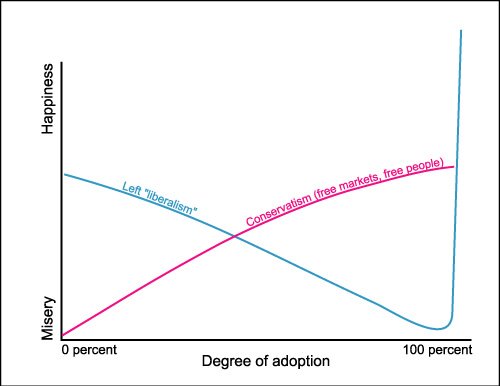I’ve been neglecting my blogs the last few days. Largely I’m using such time as I can to read Sergei Nikitich Khrushchev’s book, Nikita Khrushchev – and the creation of a superpower. It’s a real page turner. I’ve read it while lying back in the Lazy Boy, in bed, while soaking in the tub, and while shaving. I even wake up in the middle of the night to read more of it. I put it aside just now only because I want to comment on some aspects before I read the rest of it and get more information that will change my mind.
First I should point out that several years ago, when I read some excerpts in American Heritage, I wondered just how much Sergei Nikitich could really have known about his father’s political actions. I had the impression that Communists believed in subordinating family life to the party. After all, these were the people who made a martyr hero out of Pavlik Morozov, a young man who coldly (perhaps that’s a play on his name) denounced his father to the authorities and then was killed for it by his family. And even if it weren’t for that, would a Soviet dictator really have had much time for his family?
It turns out that Nikita Khrushchev had a surprising amount of time for his family, and especially for his son. He was almost always home in the evening, and part of his daily routine was to go for a walk with his son. Even after Sergei was married, this practice continued. There were things that Nikita didn’t want to talk about, but he was a voluble person. There were a lot of important issues that the two did discuss. Sergei Nikitich was not privy to what happened in his father’s Kremlin office, but was sometimes present when his father was talking business with others on the phone at home or in person. Sergei Nikitch also had important contacts in the missile industry, where he worked. And he has made use of archival information that has since become available in our country and in Russia. So it’s a big book.
Aside from the surprises (to me) about his family life, I’ve been surprised to learn that on economic and organizational matters Khrushchev seems to have been somewhat to the right of Barak Obama, at least in temperament. Instead of the constant drive to centralize functions that we are getting under Obama (and also got to some degree under Bush and Clinton) Khrushchev sometimes tried to decentralize. Missile research is an example. He had to overcome a lot of resistance to do so.
For example, he supported missile designer Sergei Pavlovich Korolyov, but didn’t want him to have a monopoly. Khruschev wanted to set up separate, autonomous groups, each with its own research institutes, design bureaus, and bases. Korolyov’s idea was to instead make a hierarchical organization with separate branches. Sergei describes his father’s reaction to this (on pages 217-218):
Father admired Sergei Pavlovich’s drive and powers of concentration, but didn’t agree with him in everything. He objected to the idea of branches. He thought that the newly created organizations should be fully independent, both financially and in their research.
“I know you. You’ll give them some minor jobs and they’ll wind up spending their lives as assistants. We want to create competitors for you, so they’ll keep you awake,” joked Father.
I wish we had people in our own presidential leadership who had insights like that, e.g. in dealing with the auto industry. But I suppose it’s worth keeping in mind that Nikita Khruschev was desposed in 1964 by people who had a temperament more like Obama’s.
